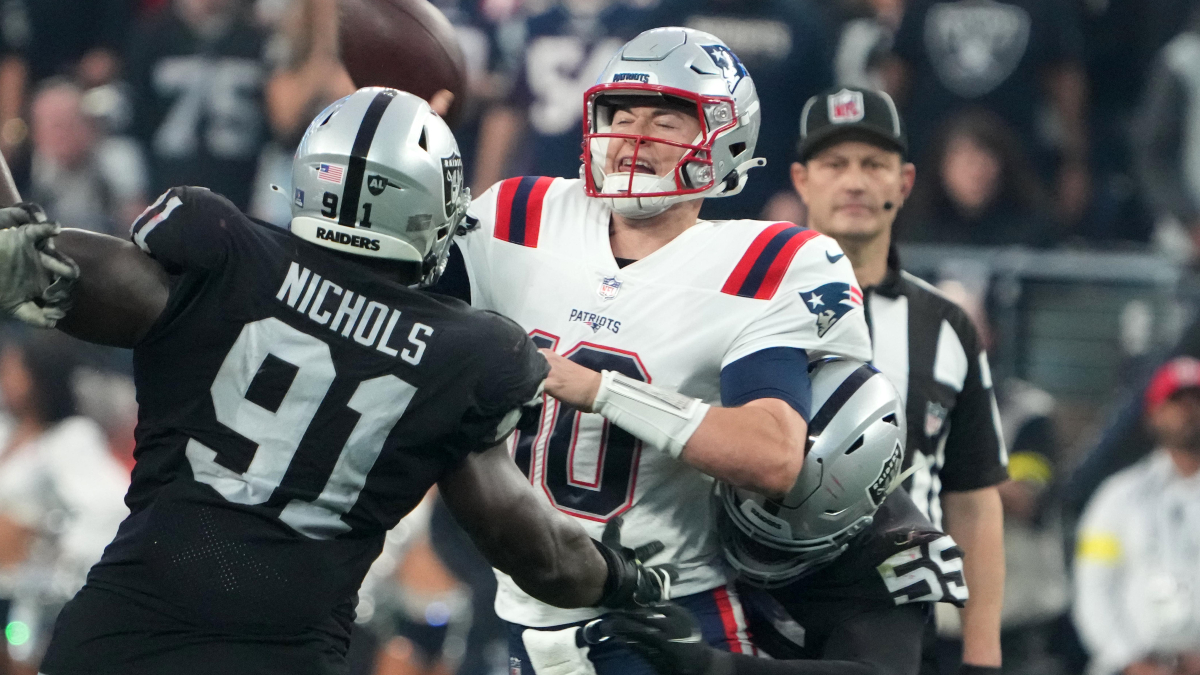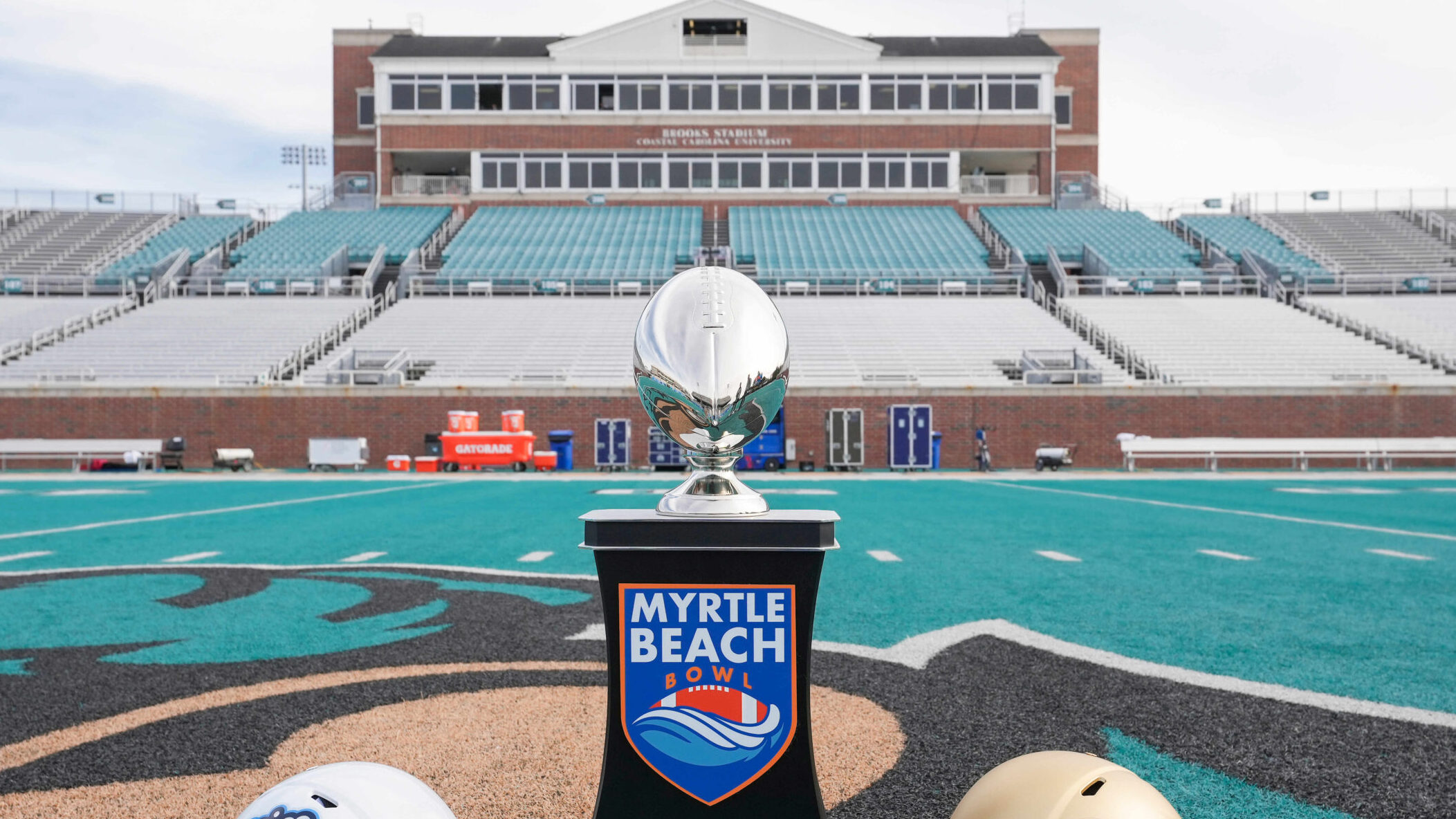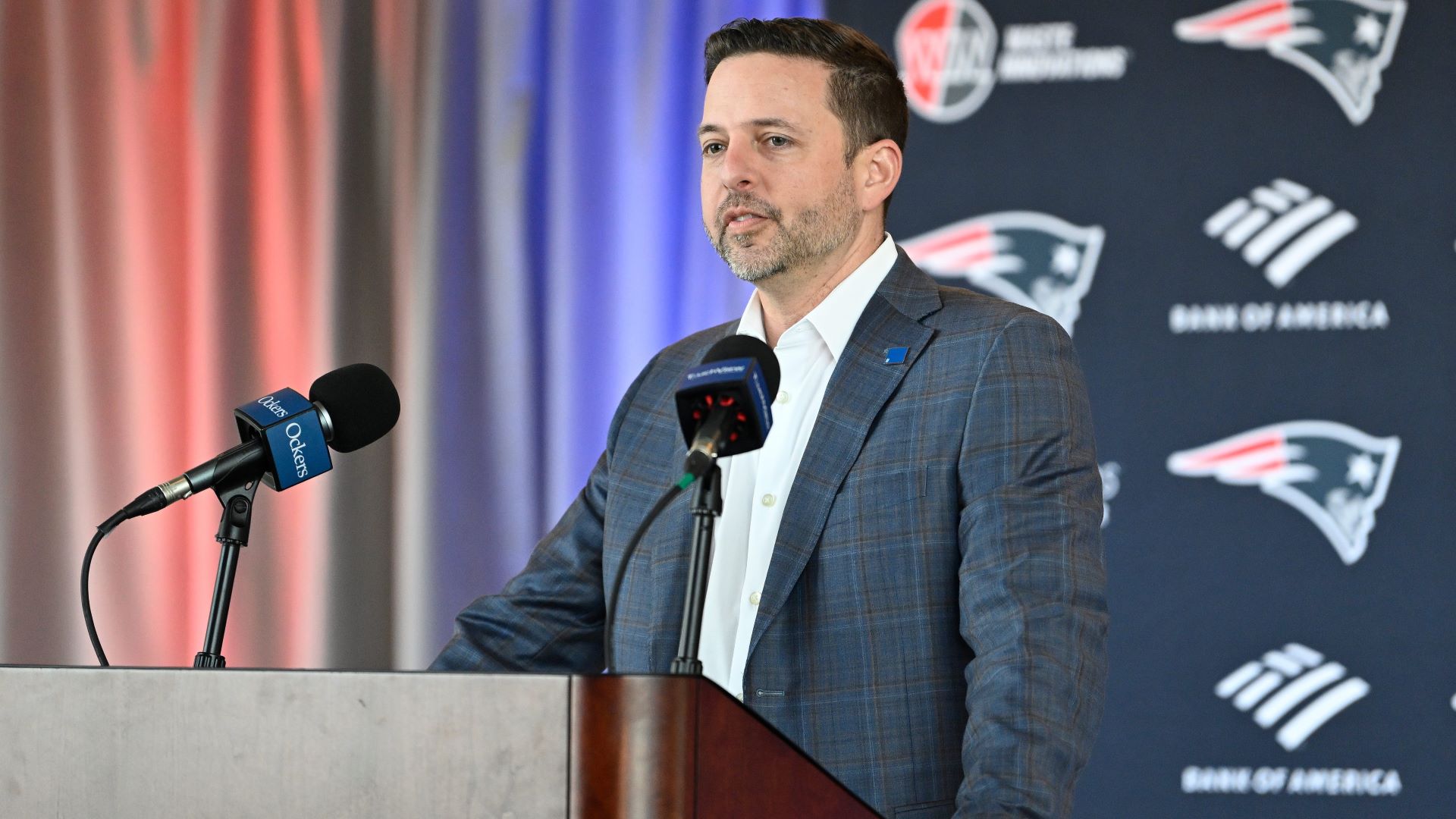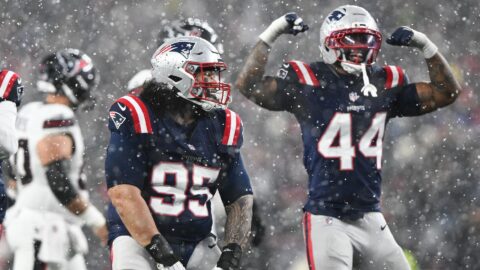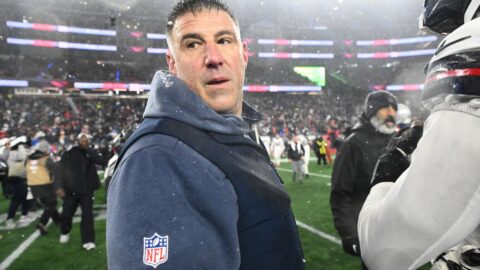Regardless of how you feel about the short- and long-term futures of the Red Sox, Sunday's reported agreement with Justin Turner was a sound, logical move.
The Sox reportedly came to terms on a two-year deal worth just south of $20 million with the now-former Los Angeles Dodgers infielder. Turner, according to The Boston Globe's Alex Speier, will make $8.3 million in 2023 and has a player option he could exercise for 2024 worth $11.4 million.
That annual average value of roughly $10 million is a very manageable number for a big-market team like the Red Sox and is in line with what the Dodgers gave J.D. Martinez over the weekend. The parallels are impossible to ignore, and it's tempting to look at the two deals through the same pair of lenses.
The 2022 season was largely forgettable for Martinez, who did not produce anywhere near the rate we had become accustomed to seeing from the designated hitter. He'll reunite with a former hitting coach in Los Angeles, and that could help get him back on track, but he's an aging slugger with an injury history. Those sorts of players don't typically trend back the right way over time.
That same sort of thinking could be applied to Turner, who's even older than the 35-year-old Martinez. Turner just celebrated his 38th birthday in November and has plenty of tread on his own tires. And he's not the middle-of-the-order threat who helped restore the Dodgers' prominence after reinventing himself last decade.
But Turner offered similar production to Martinez over the last few years. Since the start of 2020, Turner has hit .282 with a 120 OPS+ in just over 1,300 plate appearances. Over the same time, Martinez hit .269 with a 116 OPS+ in just under 1,500 plate appearances.
Just by virtue of playing 66 games at third base last season, Turner offers far more defensive value. Martinez is a bad defensive outfielder who didn't step foot on the grass with a glove in his hand last season. Turner isn't Brooks Robinson or anything, but he was league average by defensive runs saved among third basemen with at least 500 innings last season.
The Red Sox already have a third baseman, at least for now, with Rafael Devers, who is in no jeopardy of losing that job. Turner will largely serve as the DH, but he offers far more versatility with the ability to play an adequate third base. It wouldn't be surprising to see him get some run at first base, either, especially with the Sox designating Eric Hosmer for assignment this weekend. The job belongs to Triston Casas, and the Red Sox are far better positioned with Turner as a backup than, say, Bobby Dalbec.
Turner's right-handed bat gives Alex Cora a little more balance in the lineup, too. Keeping Hosmer, though it would have made more sense defensively, wouldn't have done much good offensively. Hosmer probably wasn't enough of a threat to justify a lefty-heavy batting order with him at DH.
And as good as Hosmer or Martinez are in a clubhouse, Turner checks that box, too. Turner just won the Roberto Clemente Award, given to the player who "best represents the game of baseball through extraordinary character, community involvement, philanthropy and positive contributions, both on and off the field." The reaction from former teammate Kiké Hernández certainly seems to indicate Turner is a beloved teammate, which is what the Red Sox need right now. The roster turnover is significant, even more so when you consider the year-over-year losses of veteran leaders like Xander Bogaerts and Christian Vázquez.
Granted, Turner would also be a welcomed addition for a team that threw its financial weight around this winter and either re-signed Bogaerts or made a significant splash to add a starting pitcher. That has not been the Red Sox's path this winter. It probably won't be.
As it pertains to Turner, though, the Red Sox signed a veteran offensive presence who offers more defensive versatility than his predecessor (Martinez). He offers intangible value, too. The Red Sox are better now with Turner than they were before they signed him. Whether that gets them back to where they want to be is a different conversation.

